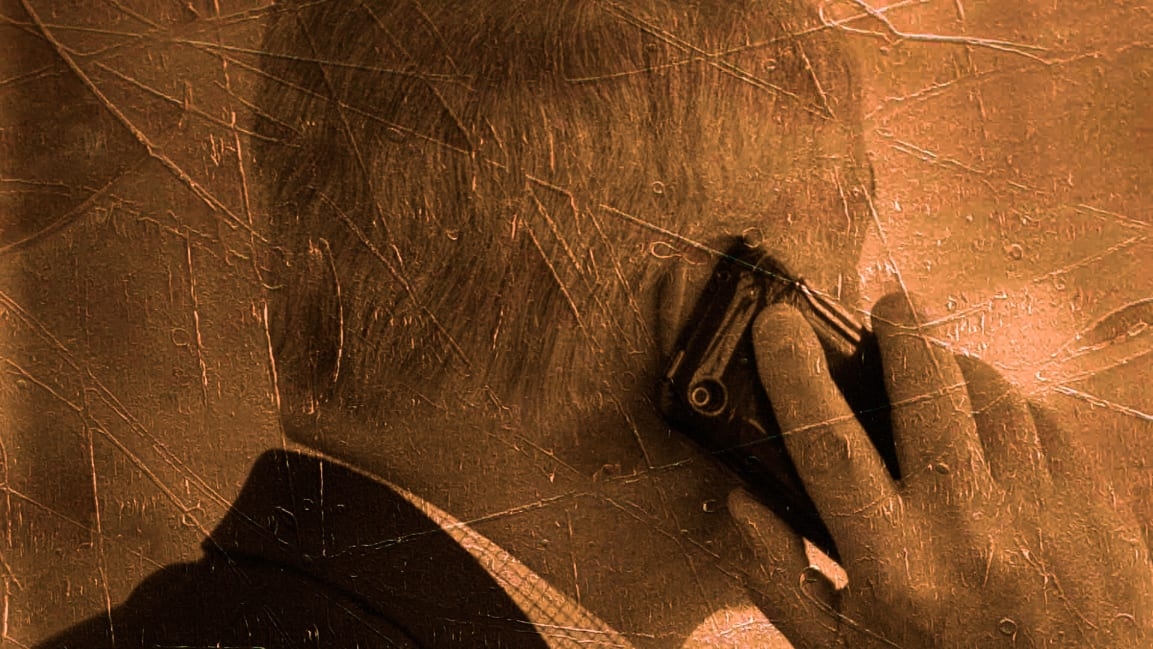AT&T’s green ‘valid number’ checkmarks won’t end your robocall nightmares yet
On a perfect day the sun might rise in a shimmering blue sky, Amazon will pay taxes, and you’ll never get another a spam call from “Mom” about your social security number “expiring.” But before we get anywhere close to ending your robocall nightmares, your phone company (and all the other ones) must learn the difference between your neighbor and a spoofed call from a scammer.
One piece of this puzzle is a protocol called SHAKEN/STIR, which makes it possible for providers to validate calls. Already, two big U.S. carriers—T-Mobile and AT&T—say they’ve agreed to work together using the standard “to fight unwanted robocalls for customers.” That was back in August, and while the collaboration didn’t, by any means, go far enough, at this point I’ll take whatever I can get.
The latest push comes today from AT&T, which says it’s starting to mark incoming authenticated calls with a green checkmark and the words “Valid Number.”
For now, AT&T’s green checkmarks are coming only to customers with certain Android phones—Samsung’s Galaxy S10 and Galaxy S10+ as well as LG’s V40 ThinQ. This means only some AT&T customers will start finding it easier to screen calls. Crucially, SHAKEN/STIR does not block robocalls, and just because a call isn’t marked with a green check doesn’t mean it’s spam. But as the standard spreads it should become more effective (at least that’s the theory).
As for what’s next, AT&T tells Fast Company that its checkmarks are coming to more devices in 2020, and a spokesperson for the company says its customers with iPhones will (somewhat disappointingly) only start seeing checkmarks next to validated calls in their recent calls list.
Hopefully the move lights a fire under Verizon, which appears to still be “working hard to implement” SHAKEN/STIR, as The Verge points out. T-Mobile, on the other hand, says it already displays similar “Caller Verified” text on certain Android devices—and out of the gate T-Mobile appears to support more devices than AT&T.
In a statement to Fast Company, a T-Mobile spokesperson ribbed AT&T, calling the company “a bit late to the game here.”
(61)



